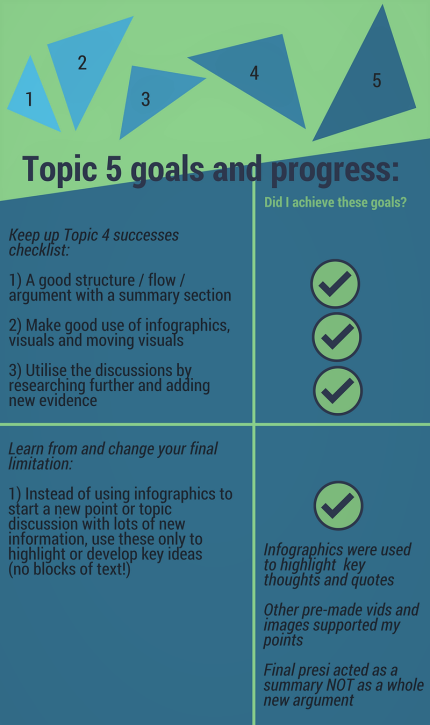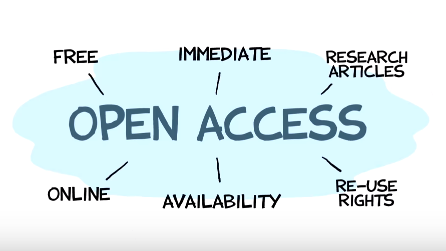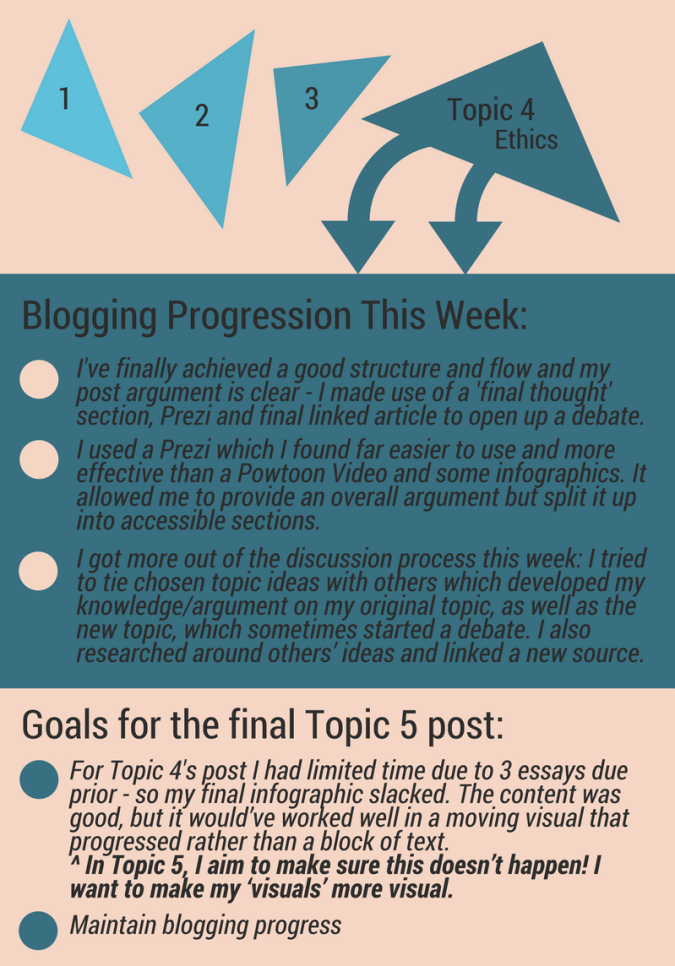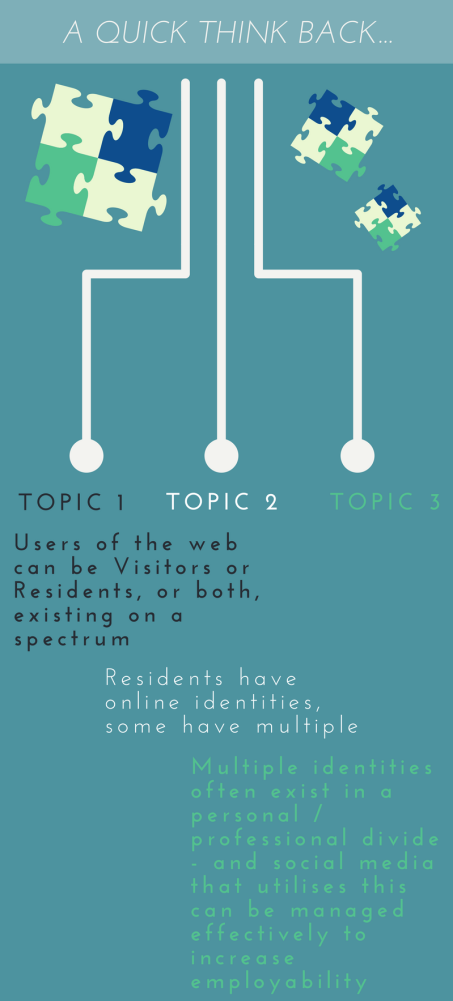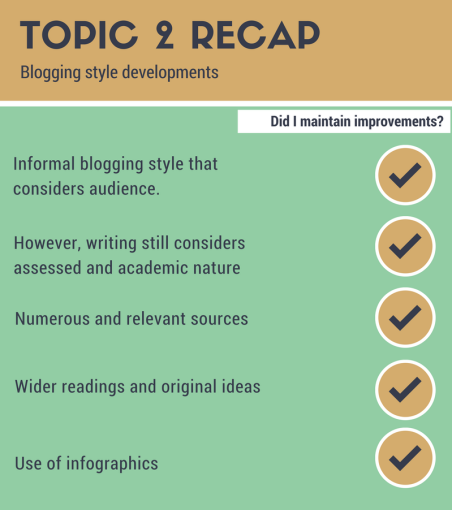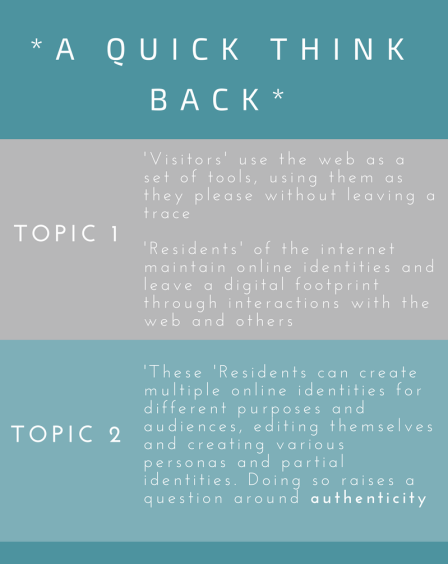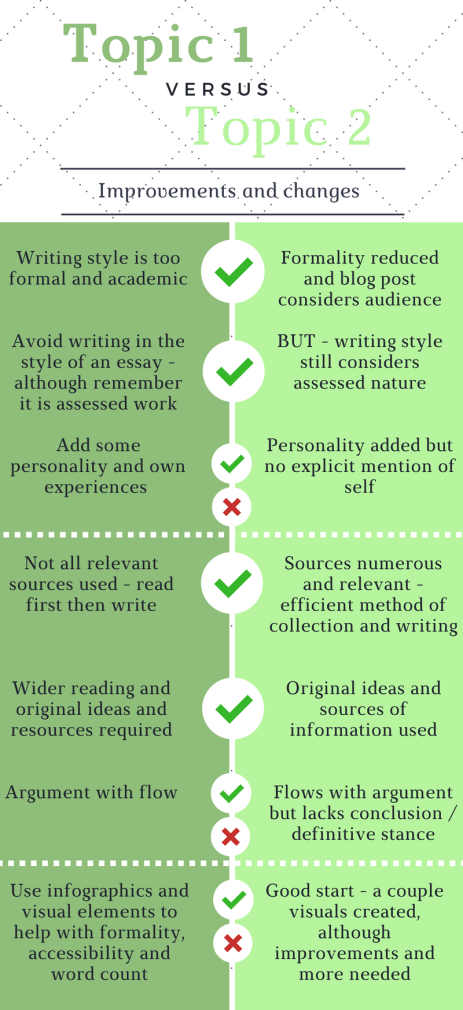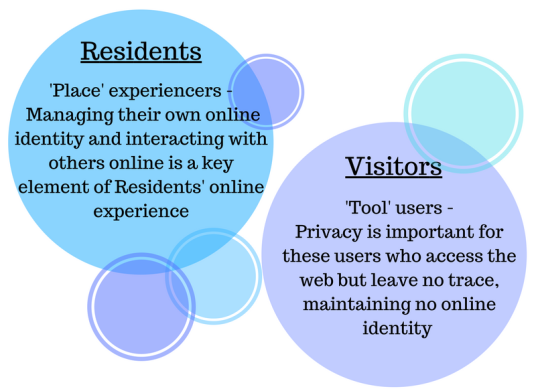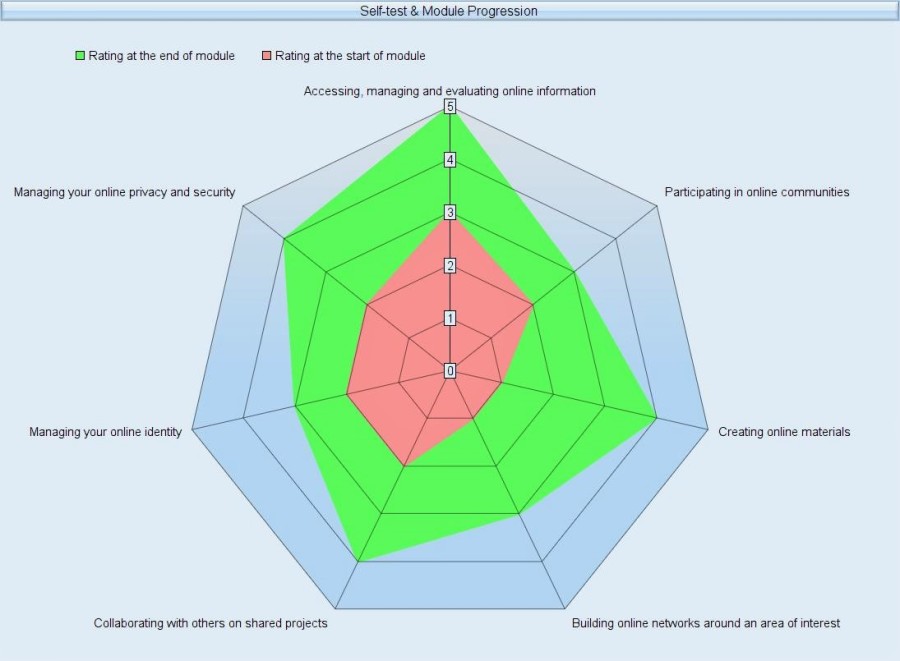
Farewell UOSM2008!
Looking back, I had the same skepticism that most students who take this module seem to have: I want to do something different but… where are the lectures, the exams, can I successfully blog? However, after reading their final module reflections, and constantly hearing ‘I was wrong’ and ‘I would recommend it’, I took their advice and the module and here I am with the same feedback: definitely worthwhile!
In this final post, I reflect upon the development of my learning, my...
Continue reading →

